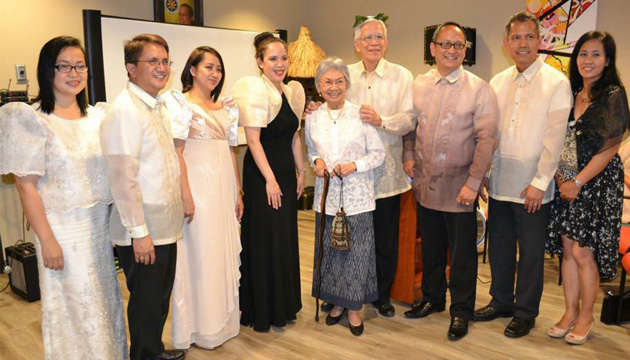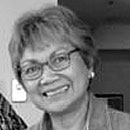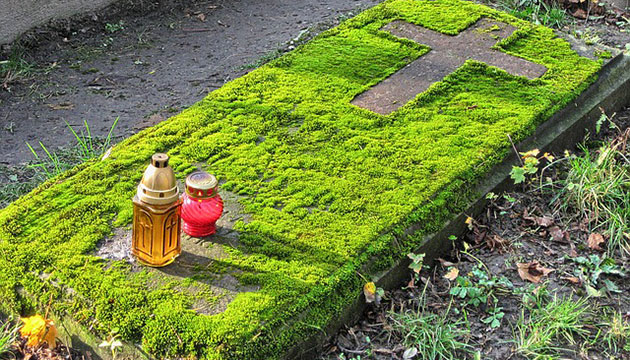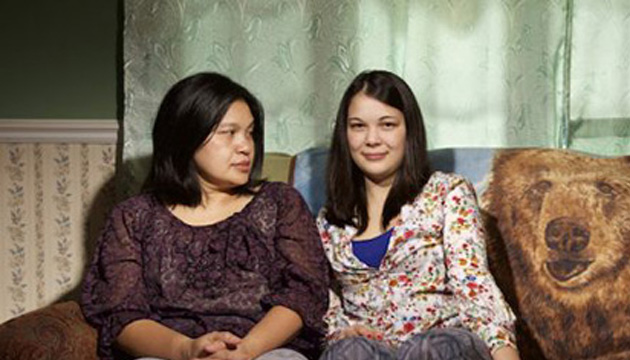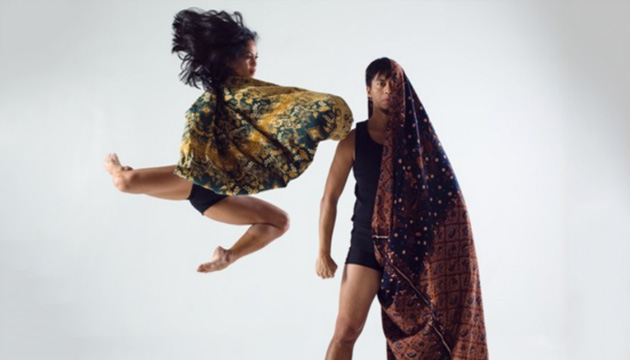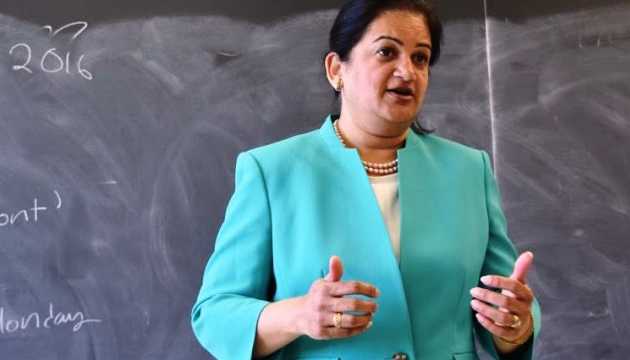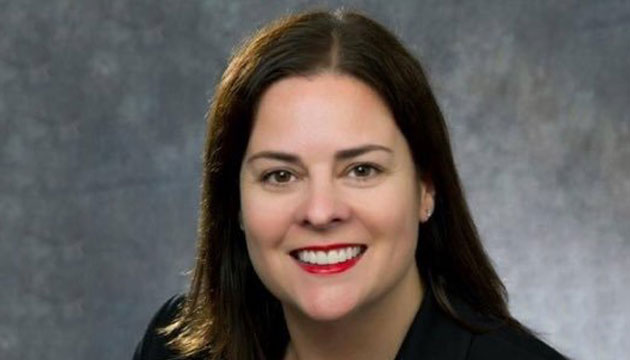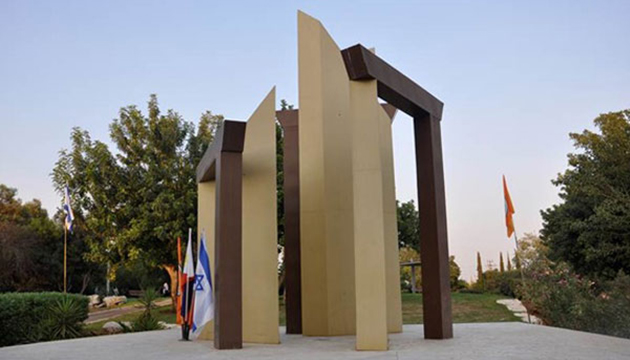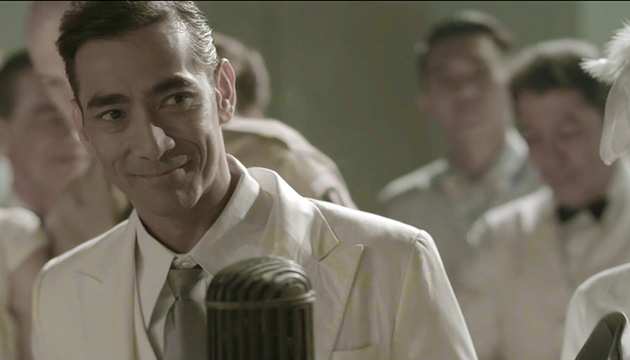The balagtasan is a traditional Filipino art form where two protagonists debate the merits of a theme – one supporting it and the other arguing against it. The first balagtasan recorded in Philippine history was held in 1924 to commemorate the birth of national poet Francisco Balthazar Balagtas, hence the name balagtasan. Balagtas is the author of the epic Filipino poem “Florante at Laura.”
Balagtasan became so popular after the first contest that a big competition was held in 1925 between the two most popular Tagalog poets at the time, Jose Corazon de Jesus (who used the pen name Huseng Batute) and Florentino Collantes (who used the name Kuntil Butil). The theme was the Filipina Maiden, the traditional or the modern reincarnation. The judges gave the victory to de Jesus who championed the Filipina of the past – he was crowned King of Balagtasan.
The balagtasan is a verbal joust in verse. It is usually conducted in Tagalog or other native dialects. In the rural Philippines where there were very limited forms of entertainment, poetry contests preceded the balagtasan. In a basically oral culture, eloquence in poetry was highly honored and prized. Among the Tagalogs and Capampangans, they had the karagatan, the duplo and the huego de prenda.
Judging who wins or loses in a balagtasan is based on a number of factors. First, the arguments must be delivered in verse following strict rules on rhyme, rhythm and cadence. Second, the lines must follow a rhythmic cadence even if it means taking liberties with syntax. Third, winning depends on other factors such as logic, reasoning, choice of words (with “deep meaning”), reference to topical subjects and, most important of all, the use of humor because the essence of a balagtasan is the ability to entertain.
In a balagtasan, there are usually three performers. There is the Lakandiwa (male) or Lakambini (female) who introduces the topic and the contestants, acts as referee in case the debate gets too heated, and decides who wins or loses. Sometimes a board of judges may be appointed to decide the winner. Or the decision may be left to the audience who decides the winner by the enthusiasm and duration of applause for each of the two contestants - for or against the topic – based on the poet’s eloquence, stage presence, dramatic gestures and self-confidence as projected on the stage.
The balagtasan on dual citizenship was held at the Philippine Consulate in Vancouver in the summer of 2015. It was presented by the UP-Ateneo Alumni Association of Vancouver. The idea came from the poetic minds of two natives of Pampanga province: Deputy ConGen Anthony Mandap of San Luis and Prof. Prod Laquian of Apalit. Defending the dual citizenship was Arthur Fabian of UP and arguing against it was Alya Manansala of Ateneo.
The balagtasan script was written by Prof. Laquian who also acted as Lakandiwa. It was translated word for word into English by Boy Masakayan for publication on the CFNet website. Because balagtasan, by tradition, is not done in English, the English translation for the benefit of non-Filipino readers, simply gives the gist of the arguments. Some sentence structures of the translation may sound unnatural and awkward at times because Filipino humor is seldom “translate-able” into English. Besides, balagtasan humor is expressed not only in words but mostly in body language, facial expressions and dramatic gestures which all suffer in translation. The balagtasan debate is best appreciated in Tagalog, Capampangan, Ilokano, or a native dialect.
Click here to see the full Tagalog balagtasan script and its English translation


